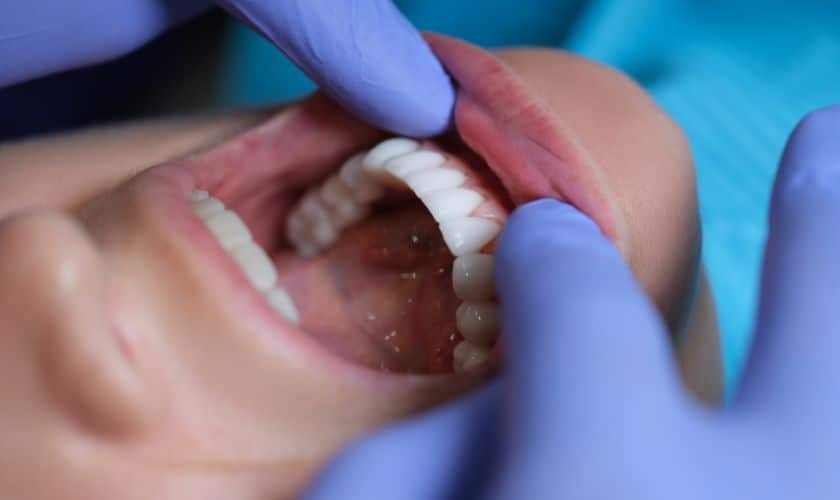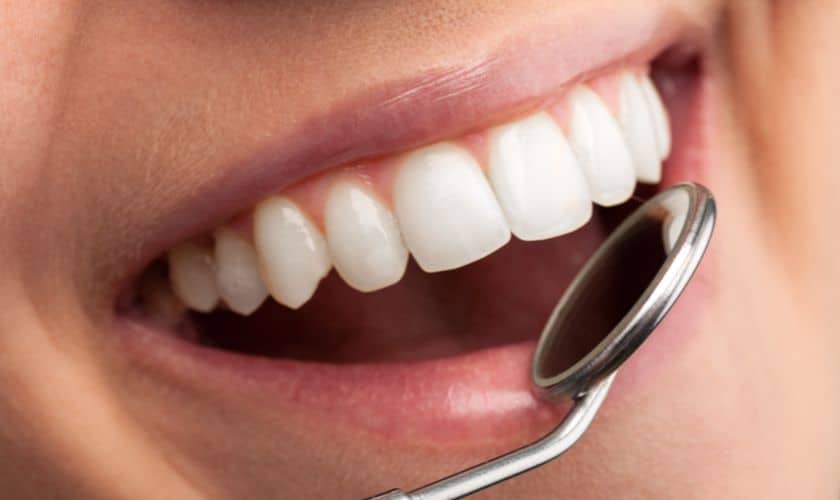Habitually clenching your jaws and grinding your teeth may build stronger jaw muscles, but it can also significantly damage or break your teeth. In fact, teeth grinding might not be so healthy for your jaw, either. Bruxism, the habit of rubbing your teeth together, can indicate a number of issues, from undue stress to an imbalanced bite. Left untreated, the habit can destroy your smile and lead to a host of dental aches and pains. Treating bruxism at our Southlake dentist’s office typically involves identifying and addressing the underlying cause of the condition, as well as restoring any damage that might have occurred.
The Causes
In moments of anger, frustration, physical pain, stress, or anxiety, people often grind their teeth as the muscles in their jaws and throughout their bodies become tense. If you’ve been under an excessive amount of stress lately, then you may be at an increased risk of teeth grinding and dental injury. Some patients can alleviate their symptoms by making time to relax and engaging in regular exercise, yoga, or other stress-relieving activities. In many cases, patients grind their teeth because their bites are imbalanced, and their jaw muscles may spasm or continually shift as they try to rest comfortably. Patients with bruxism usually grind their teeth most while they sleep, and may not be aware of their condition until Dr. Wright points out the consequences during an examination.
The Consequences
Human teeth are incredibly resilient, able to withstand the repeated pressures of biting and chewing food, and in most cases, occasional grinding. When exposed to the pressures of habitual grinding, however, teeth can become excessively worn down and crack or fracture. The burden can also damage the periodontal tissues that hold your teeth in their sockets, causing teeth to become loose and possibly fall out. Your jaw’s joints, or TMJs, can suffer from the strain, leading to difficulty opening and closing your mouth and a wide range of discomfort. Symptoms of a jaw dysfunction, or TMJ disorder, include jaw pain and soreness, chronic earaches, and recurring migraines, to name a few. If Dr. Wright notices tooth wear or damage consistent with bruxism, then he may recommend a custom-designed sleepguard that will protect your teeth from grinding against each other at night.
About Gregory Wright, DDS:
As a native Texan, Dr. Gregory Wright opened his private practice in Southlake, TX in 1992. He is happily accepting new patients from Southlake, Grapevine, Keller, Trophy Club, Colleyville, and all surrounding communities. To schedule an appointment with your cosmetic dentist, call our office today at (817) 481-7999.





